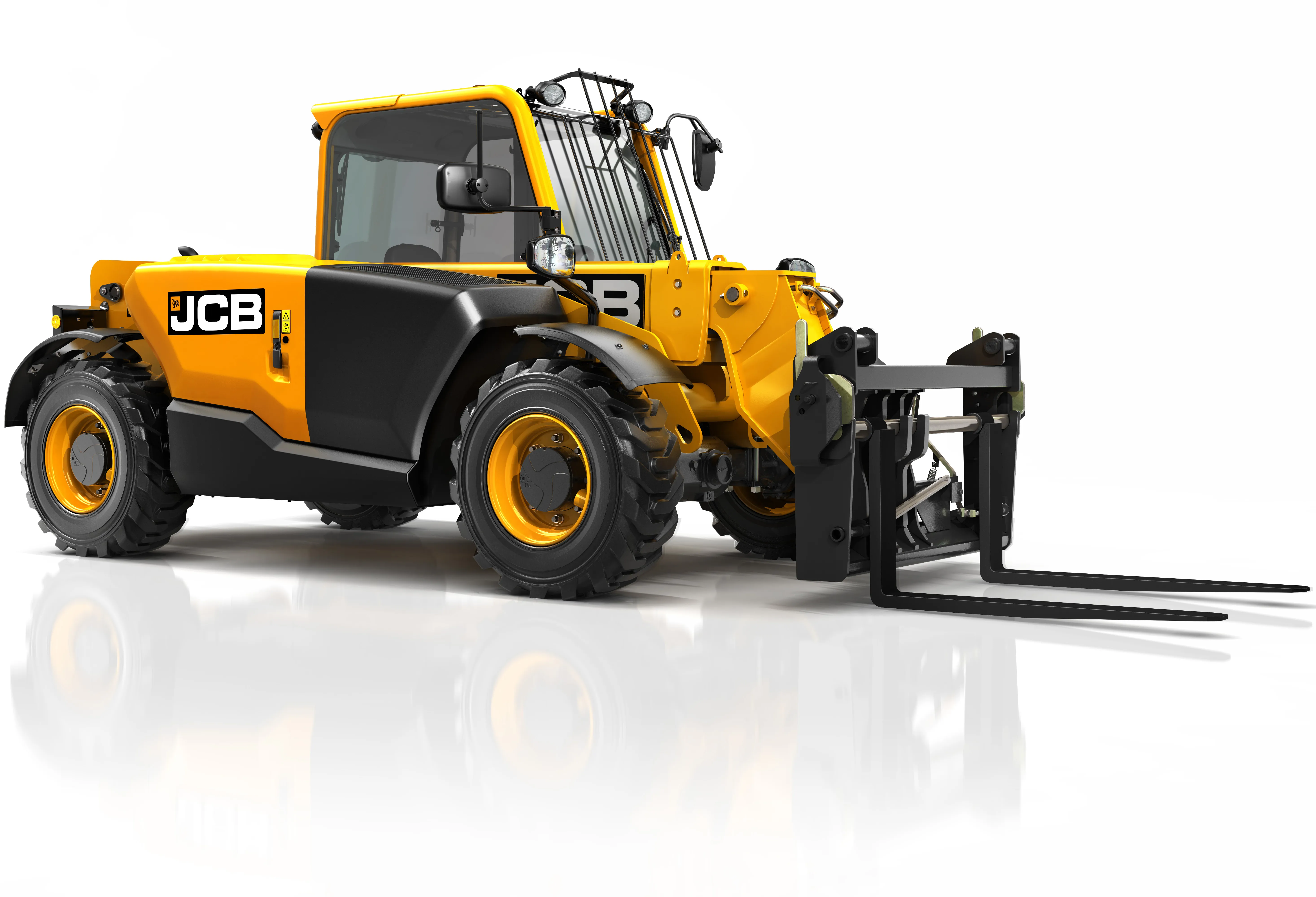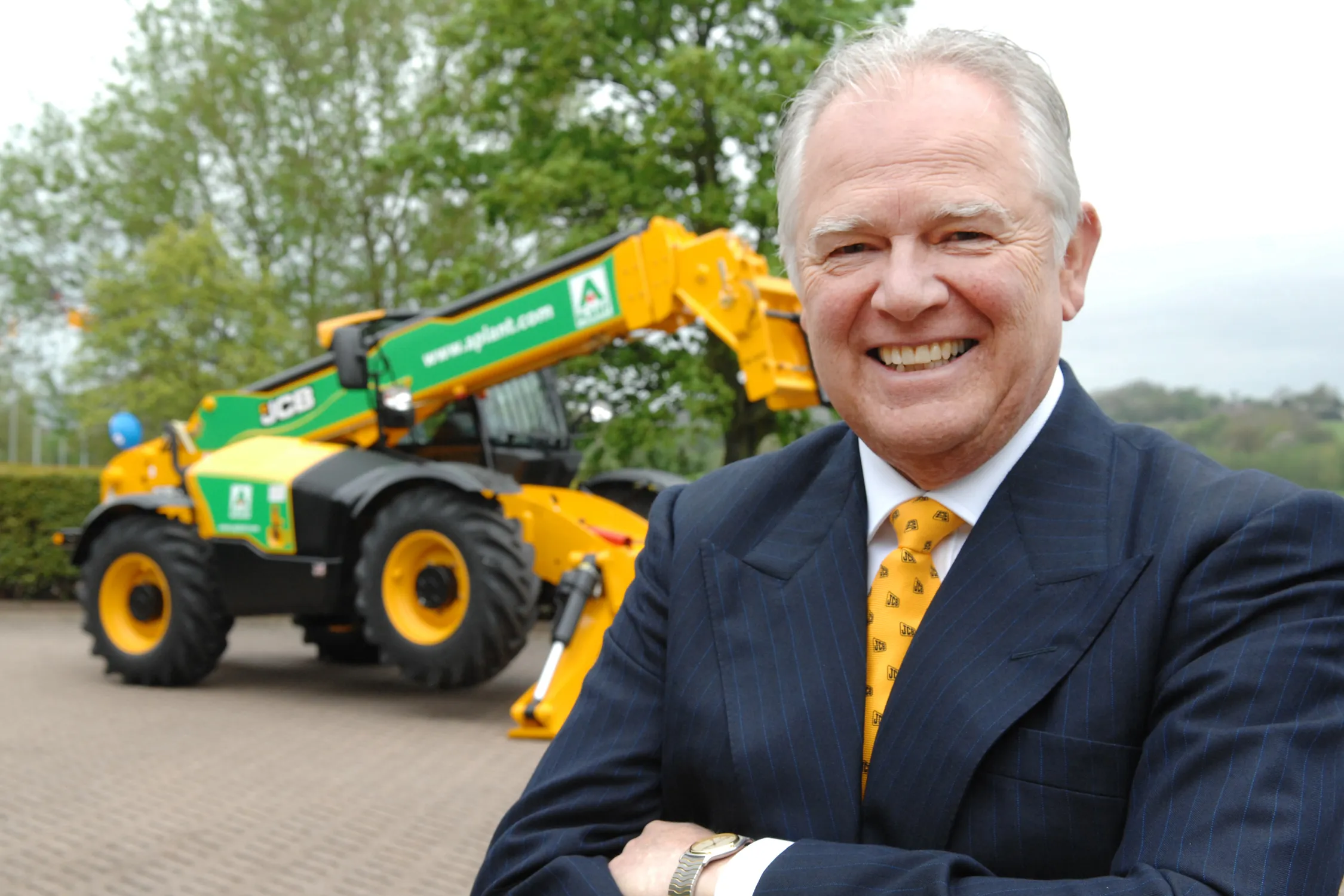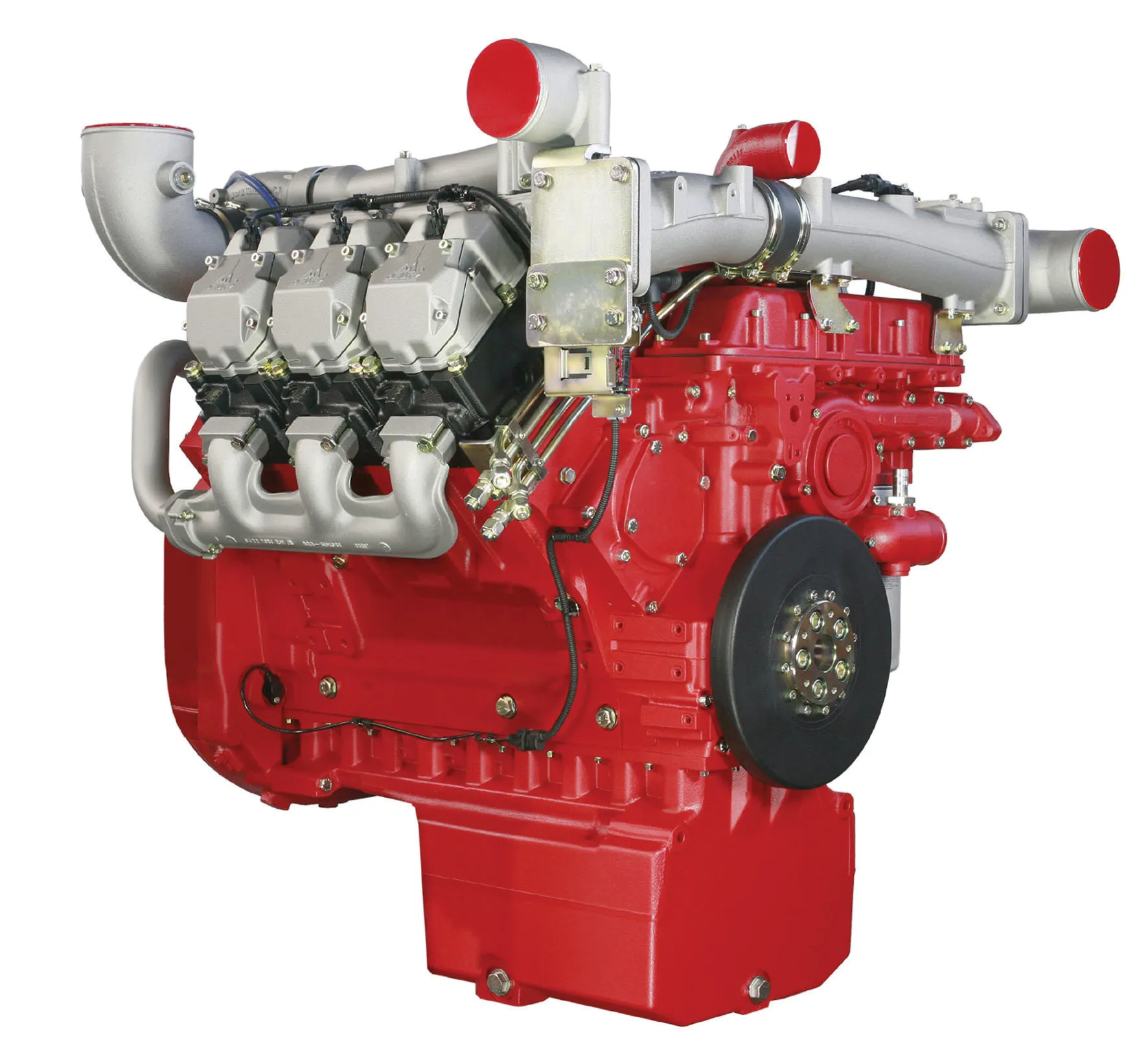JCB has won one of the biggest engine supply deals after securing an annual contract with Terex GB worth around £4.5 million.
The agreement sees JCB supply Terex with engines for site dumpers made at Terex’s plant in the city of Coventry.
The engines, made by JCB Power Systems in Derbyshire, UK, will be the fuel efficient Ecomax 55kW/74HP stage3B/Tier 4 Final models. Initially, they will power two Terex site dumper models, the TA6 and TA6S.
JCB chief executive Graeme Macdonald said the “major mil
December 8, 2014
Read time: 2 mins
The agreement sees JCB supply Terex with engines for site dumpers made at Terex’s plant in the city of Coventry.
The engines, made by JCB Power Systems in Derbyshire, UK, will be the fuel efficient Ecomax 55kW/74HP stage3B/Tier 4 Final models. Initially, they will power two Terex site dumper models, the TA6 and TA6S.
JCB chief executive Graeme Macdonald said the “major milestone” deal marks a decade of engine manufacturing by JCB.
JCB said its Ecomax T4 engine is in readiness for incoming Tier 4 interim emissions legislation for mid-range machines. Around £80 million was spent researching and developing a new combustion system for Ecomax resulted in the elimination of the need for exhaust after-treatment. JCB has also gone into production with a 6-cylinder, 7.2 litre engine, the JCB Dieselmax 672, a £45 million investment.
JCB began producing engines at its plant in Foston, Derbyshire in 2004 and engine production was extended to India in 2011. To date, JCB has produced 350,000 engines globally. JCB engines now power more than 70% of JCB’s products.
JCB is a private family business established in 1945 and now has 22 plants on four continents, employing 12,000 people. Twelve plants are in the UK, six in India and others are in Brazil, the US, China and Germany.








